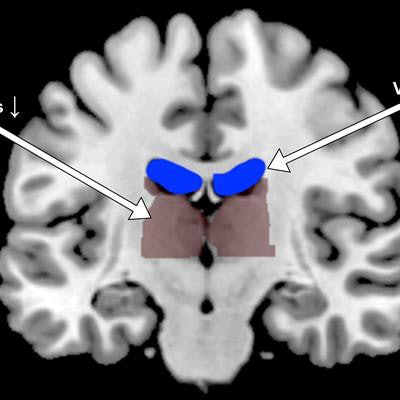
Functional MR images (fMRI) have revealed changes in the brain's ventricles and thalamus based on water intake in people who exercise under strenuous conditions, according to a study published online August 22 in Physiological Reports.
Researchers from the Georgia Institute of Technology sought to determine how hydration affects people who exercise in the heat. One finding was that even without dehydration, stressful exertion decreases a person's ability to perform tasks.
The researchers asked 13 volunteers to complete tasks under three different conditions. One scenario had subjects relax and stay hydrated. They were then asked to exert themselves in the heat and drink water during their activity. The third scenario was to exercise in the heat without water intake.
When the participants exercised, sweated, and drank water, fMRI showed that ventricles in the brain contracted. However, with exertion and dehydration, the ventricles did the opposite and expanded, making the thalamus more compact.
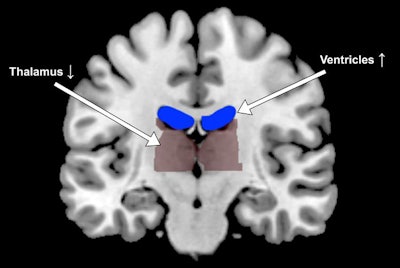 Functional MRI shows expanded ventricles and more compact thalamus in the brain of a dehydrated subject. Image courtesy of Georgia Tech.
Functional MRI shows expanded ventricles and more compact thalamus in the brain of a dehydrated subject. Image courtesy of Georgia Tech.In addition, the lack of fluid was associated with more errors on the tasks. The subjects showed decreased performance due to the exertion and heat, and the effect was approximately doubled with dehydration.
The results left researchers without a definitive conclusion for the connection between the brain changes and performance, however.
"The structural changes were remarkably consistent across individuals," said principal investigator Mindy Millard-Stafford, PhD, a professor in Georgia Tech's School of Biological Sciences, in a statement from the college. "But performance differences in the tasks could not be explained by changes in the size of those brain areas."
Functional MRI did also show changes in neural firing patters when the subjects were dehydrated. The changes, in part, may be the body's way of signaling a lack of water, according to the researchers.


.fFmgij6Hin.png?auto=compress%2Cformat&fit=crop&h=100&q=70&w=100)


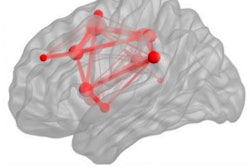
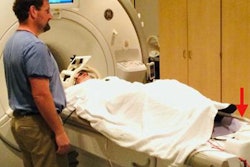
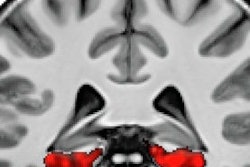
.fFmgij6Hin.png?auto=compress%2Cformat&fit=crop&h=167&q=70&w=250)











